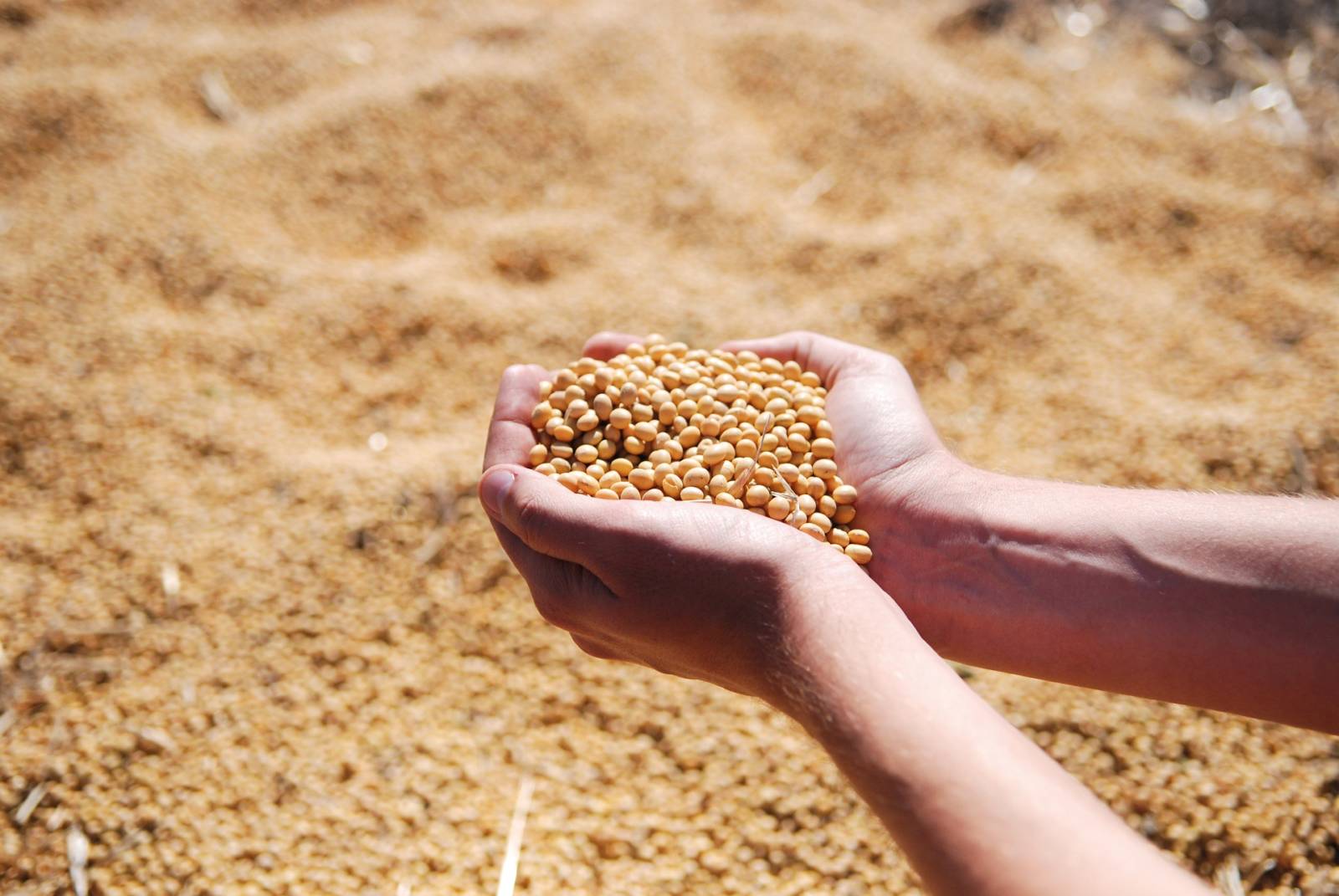Soybean meal demand continues to be eroded by U.S. packing plants either being closed or not running at full speed. An executive order was signed at the end of April under the Defense Production Act to keep meat processing plants open during COVID-19 shelter-in-place restrictions. This EO was met with controversy because many plants across the U.S. were being labeled as “hot spots” for COVID-19 cases, and some companies said they still could not operate at full capacity due to the restrictions that need to be followed to keep employees safe. The U.S. government wants to keep meat processing plants operating so that the food supply chain is not interrupted and to keep grocery store shelves stocked.
In the week after the EO was signed to keep meat processing companies operating, COVID-19 spread twice as fast in counties that are home to a meatpacking plant. Confirmed cases rose 40% in counties with major beef or pork slaughterhouses, compared with 19% nationally, based on data compiled by Johns Hopkins University.[1]
JBS, which slaughters 23% of the country’s cattle and produces nearly one-fifth of its pork, is revamping plant operations to space workers further apart while about 10% of its workforce has been sent home because of their higher risk from COVID-19, according to the company’s CEO Andre Nogueira. “We will not be able to go to full capacity anytime soon as we fight this virus because of all the changes we have implemented,” Nogueira told the Wall Street Journal.[2]
JBS has reopened plants that it closed in Pennsylvania, Colorado, Minnesota and Wisconsin. So far, those are operating at 70% to 95% of their normal capacity, a company spokesman said. JBS said it will work with Texas health officials to test all employees at a plant north of Amarillo that is experiencing a COVID-19 outbreak, reports the Texas Tribune. The company had initially rejected the state’s offer.[3]
To address H-2B worker status, the U.S. government plans a temporary change to rules on H-2B guest workers to help beleaguered meatpacking plants keep those foreign employees in the U.S. as the companies deal with absenteeism and workers quarantined due to COVID-19 exposure. The U.S. Citizenship and Immigration Services, a part of the Homeland Security Department, published a temporary rule in the Federal Register last week.[4]
The rule change took effect upon publication and is good through May 15, 2023, to allow meat and poultry companies to rehire current H-2B employees whose work contracts or three-year visas are expiring. The companies also would be able to hire other H-2B workers with expiring visas who otherwise would have to return to their home countries. Employers and workers have until Sept. 11, 2020, to enter into new work contracts.
Washington analyst Jim Wiesemeyer provided some background on this situation, stating that workers with expired H-2B visas are generally required to spend three consecutive months out of the U.S. before applying for a new visa. The new rule would be the second time Homeland Security and the administration have adjusted regulations to help the food and agriculture industries retain foreign workers. In April, the department issued a temporary final rule to allow farmers facing delays in getting petitions approved for foreign agricultural labor to hire farm workers holding H-2A visas and already in the United States.
Inspectors at USDA’s Food Safety Inspection Service (FSIS) will soon receive masks from their agency for the first time after the agency procured 30,000, according to reports. The announcement came after dozens of food processing plants were forced to close or reduce hours as COVID-19 hotspots developed among their ranks. The FSIS inspectors, who work side-by-side with plant employees, have to this point had to bring their own masks or rely on the private establishments where they report to supply them. To date, at least 140 inspectors have tested positive for COVID-19, and two have died from related symptoms.
[1] https://www.bloomberg.com/news/articles/2020-05-15/meat-plant-communities-keep-seeing-virus-spread-at-faster-rates
[2] https://www.wsj.com/articles/coronavirus-to-slow-u-s-meat-production-for-months-ceo-says-11589540400
[3] https://www.texastribune.org/2020/05/13/texas-jbs-meatpacking-plant-rejects-state-efforts-coronavirus-test/
